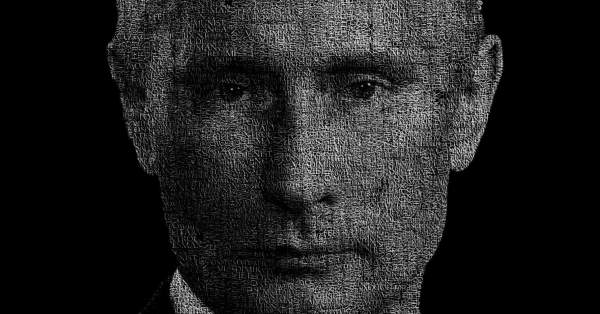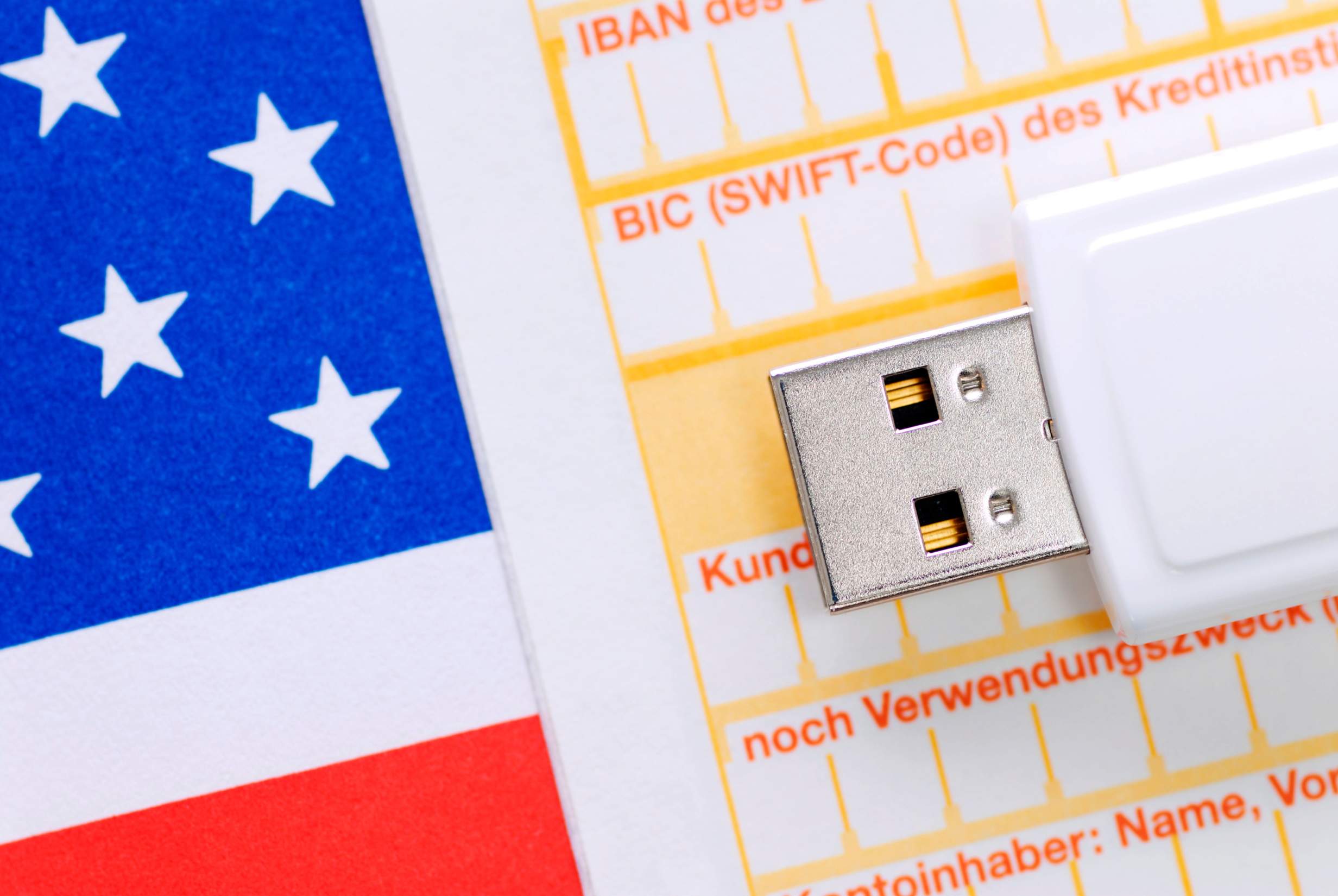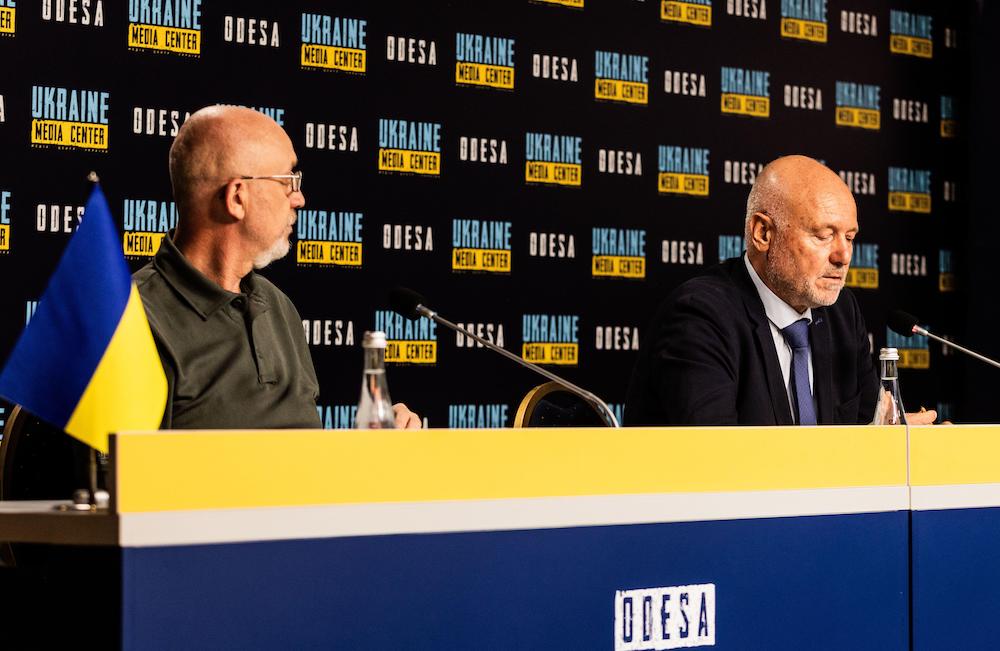
 Newsletter offer
Newsletter offer
Receive our Behind the Headlines email and we’ll post a free copy of Byline Times
After Russia’s invasion of Ukraine, the UK made a point to get tougher on the Kremlin’s kleptocratic regime. Many of the top oligarchs and banks have been sanctioned, yet one area of the financial sector seems to have been mostly overlooked. Fintech companies, which have flocked to set up shop in the UK, appear to have somehow flown under the Government’s radar.
A Byline Times review of fintech firms that are licensed by the Financial Conduct Authority, found several that are currently sanctioned by Ukraine for their connections to Russia, yet are still allowed to operate by the Financial Conduct Authority.
One is connected to a sanctioned Swiss financier, a second is a subsidiary of one of Russia’s biggest payment companies, and another is owned by a Russian billionaire who received British citizenship. All of them continue to operate with approval from the UK.
ContactPay
ContactPay was founded in 2019 but did not receive its EMI license until June 2021. The firm is a subsidiary of Qiwi, a Russian payment services provider that has previously come under scrutiny for its use by militants.
In 2015, Radio Free Europe reported that Islamic State (IS) militants from Russia’s North Caucasus region were using Qiwi to raise money. One of the company’s previous directors was Andrey Muraviev, who was indicted in the US last year on campaign finance charges. Muraviev allegedly funneled money to US candidates through two Rudy Giuliani associates, Lev Parnas and Igor Fruman.
The current Chief Executive Officer of ContactPay is Stanislavs Caikovskis, who was previously a director at Paystree, according to his LinkedIn. ContactPay’s website lists one of its partners as Advcash, a Belize-registered payments firm. The Wall Street Journal reported that Advcash has helped Russians move funds to the world’s largest cryptocurrency exchange Binance. Advcash has come under scrutiny for its opaque ownership structure.
ContactPay was sanctioned by Ukraine in October.
Electronic Payment Solutions
Despite being sanctioned by Kyiv, Electronic Payment Solutions, also known as ELPASO, has connections to both Ukraine and Russia. The firm, which changed its name to Smartflow Payments after it was sanctioned, received its EMI license in 2019 and is part of the Concord Group, which includes the Ukrainian financial institution Concord Bank.
Earlier this month, Concord Bank had its license withdrawn over money laundering concerns. According to Forbes Ukraine, the Bank was connected to the Russian-Czech cryptocurrency exchange Suex, which became the first cryptocurrency exchange to be sanctioned by the United States for facilitating financial transactions for ransomware actors.
Concord’s cofounder Olena Sosiedka has said that her bank was a victim of cybercriminals. Sosiedka, who was also a director of ELPASO, was previously married to Vyacheslav Mishalov, Dnipro city councilman who once declared that he had owned 18,000 bitcoins.
According to company filings, the current person with significant control is listed as Alona Shevtsova. She is also the co-owner of IBOX Bank in Ukraine, which had its license revoked in March for servicing the online gambling industry.
Paystree
Paystree was started in 2017 by Latvian citizen Mihails Safro, and received its Electronic Money or Payment Institution (EMI) license in August 2018. On its website, the company bills itself as more efficient and faster than traditional banks.
Safro retained control of the company until August 2019, when he turned it over to Swiss financier Anselm Schmucki. Schmucki formerly headed UBS Group AG’s Moscow office, but was sanctioned by the United States in May for allegedly maintaining close relationships with a company with suspected links to Russian organised crime and money laundering. The US also said that Schmuki facilitated the sale of tens of millions of dollars of gold bullion.
Schmuki has since given up control of Paystree, but he was still listed as the company’s owner when it was sanctioned by Ukraine last October.
Until January, one of Paystree’s directors was Evija Meimane. She has worked at four Latvian banks that have been fined for laundering money, including Trasta Komercbanka, which had its license revoked by the European Central bank after helping to launder billions of dollars out of Russia.
Guntars Reidzans, the CEO of Paystree, told Byline Times that Paystree was currently in the process of getting the sanctions revoked.
“Recently we have received an official letter from the Security Service of Ukraine stating that the facts we had presented were found reliable and sufficient,” Reidzans said.
“Considering this, we were informed regarding the commencement of the procedure to revoke the sanctions applied by the National Security Council of Ukraine to Paystree.”
MoneyTo Limited
While not an EMI, MoneyTo Limited is an authorized payment institution that was sanctioned by Ukraine in 2021, before the war with Russia began. MoneyTo is owned by George Piskov, a Russian banker who founded Uniastrum Bank in Russia and Unibank in Armenia. Out of Uniastrum, he also created Unistream, a money transfer company and bank. The US sanctioned Unistream in July as part of its efforts to limit Russia’s access to the international financial system.
Piskov has come under scrutiny for some of his political activities in the UK. In 2014 the Daily Mail called him “the official representative of all Russian banks in London.” Piskov has previously donated £17,378 to the Conservative party, including a £10,000 donation direct to party headquarters in 2012.
The Labour party has previously called on the donations to be returned.
Neither the Financial Conduct Authority nor ContactPay, Electronic Payment Solutions, or MoneyTo Limited responded to a request for comment.








